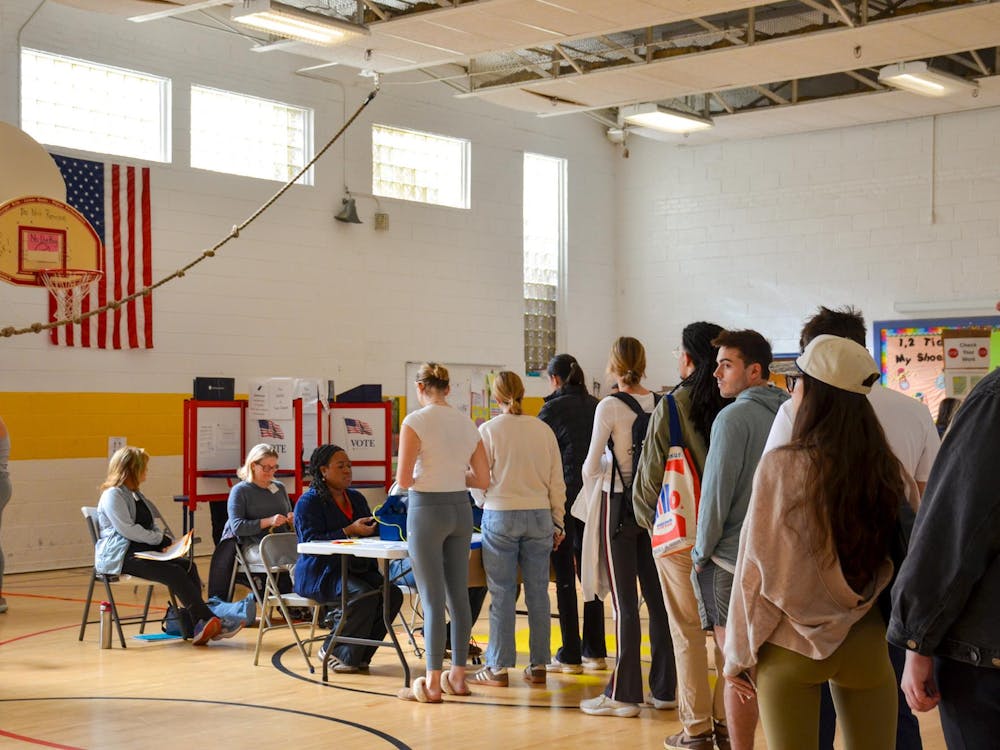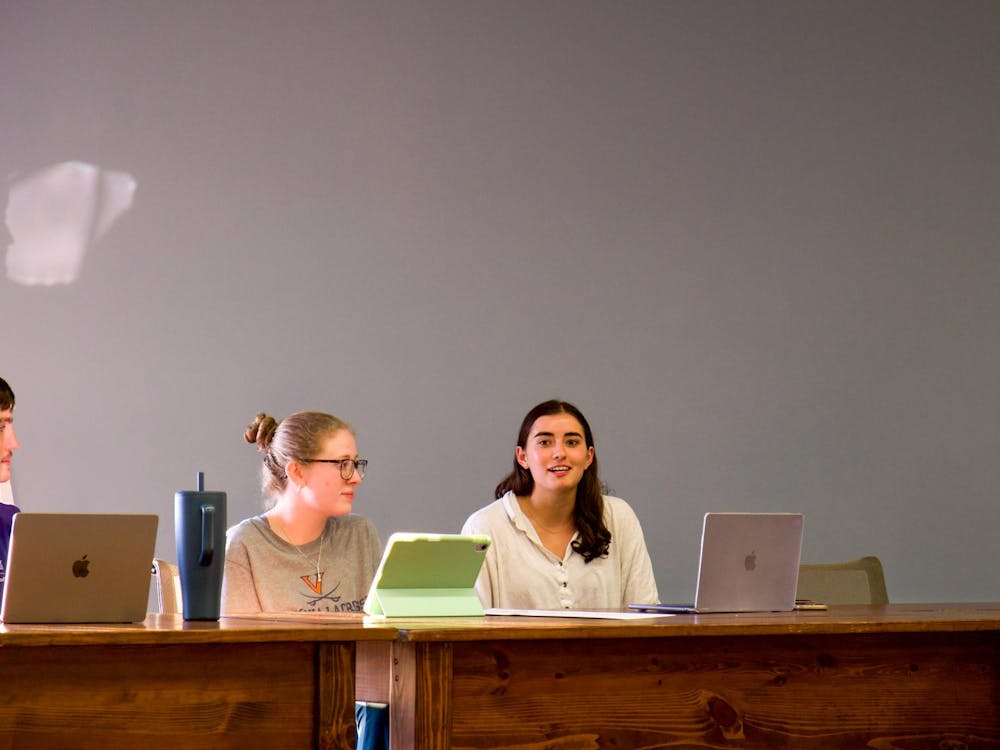As the Class of 2012 faces the challenge of adjusting to college life, the University’s upperclassmen are also having to adjust to a change on Grounds: the disappearance of trays in the dining halls.
Though it may have come as a surprise to many students, Director of Dining Brent Beringer said the abolishment of trays in the Newcomb, Runk and Observatory Hill dining halls has been two years in the making.
Exploration into environmental sustainability began with the formation of Green Dining, Beringer said, which is a consortium of all sustainability groups on Grounds, including students, faculty and staff.
“From there we experimented with ‘Trayless Tuesdays’” Beringer said, adding that Green Dining also encouraged students to use fewer trays last year through a poster campaign. In a spring survey, about 84 percent of students supported the removal of trays from dining halls.
Taking into account student and faculty opinions — as well as the thoughts of the Charlottesville community — Beringer said dining halls decided to go fully trayless this school year.
The main purpose of the trayless policy, he said, is to conserve water.
“The dining rooms on Grounds are the most water-intensive buildings,” Beringer said. “Our biggest use of water is washing trays. If you can do anything to alleviate water usage, the simplest [way] is to eliminate trays.”
Ben Chrisinger, chair of the Student Council Environmental Sustainability Committee, said although dining without trays may take some adjustment, the environmental impact is worth the effort. In addition, Chrisinger suggested that the change may save students money.
“Something to point out is just that if you consider how much utility costs have gone up as well as food prices, it would be reasonable that meal plans would have to go up in price if we had not cut the trays out of the budget,” Chrisinger said.
Chrisinger added that the only complaints he has heard have come from upperclassmen.
“I think it’s being received fairly well,” he said. “I haven’t heard [many] complaints from first-year students. The only complaints are from people who have been here a while and [had] gotten used to living around trays.”
Third-year College student David Goslin said while removing trays may positively impact the environment, not having trays may prove to be inconvenient.
Several students, however, mentioned that they did not even use trays when they were available.
“The trays aren’t really necessary,” fourth-year College student Samuel Young said. “When I did have a meal plan I would carry my plate without a tray.”
Richard Kovatch, associate vice president for business operations, said the trayless policy is not the only environmental sustainability initiative the University will introduce this year.
“Right now we’re just introducing a lot of the programs that we’ve been working [on] with the various student groups,” Kovatch said, listing the introduction of locally grown and organic foods and biodegradable containers as examples of programs currently in progress.
“We’re continuing to expand those programs and looking to roll out a composting program hopefully within next month, [though we’re] waiting for state approval,” Kovatch said. “These programs will support the overall goals of the University with respect to sustainability.”
The Environmental Sustainability Committee also has several programs to be introduced this year, according to Chrisinger, including an on-Grounds farmer’s market to be held in Newcomb Plaza Monday.
“We’re bringing in vendors from the Charlottesville City Market to promote the whole idea of buying food more close to home,” Chrisinger said.






